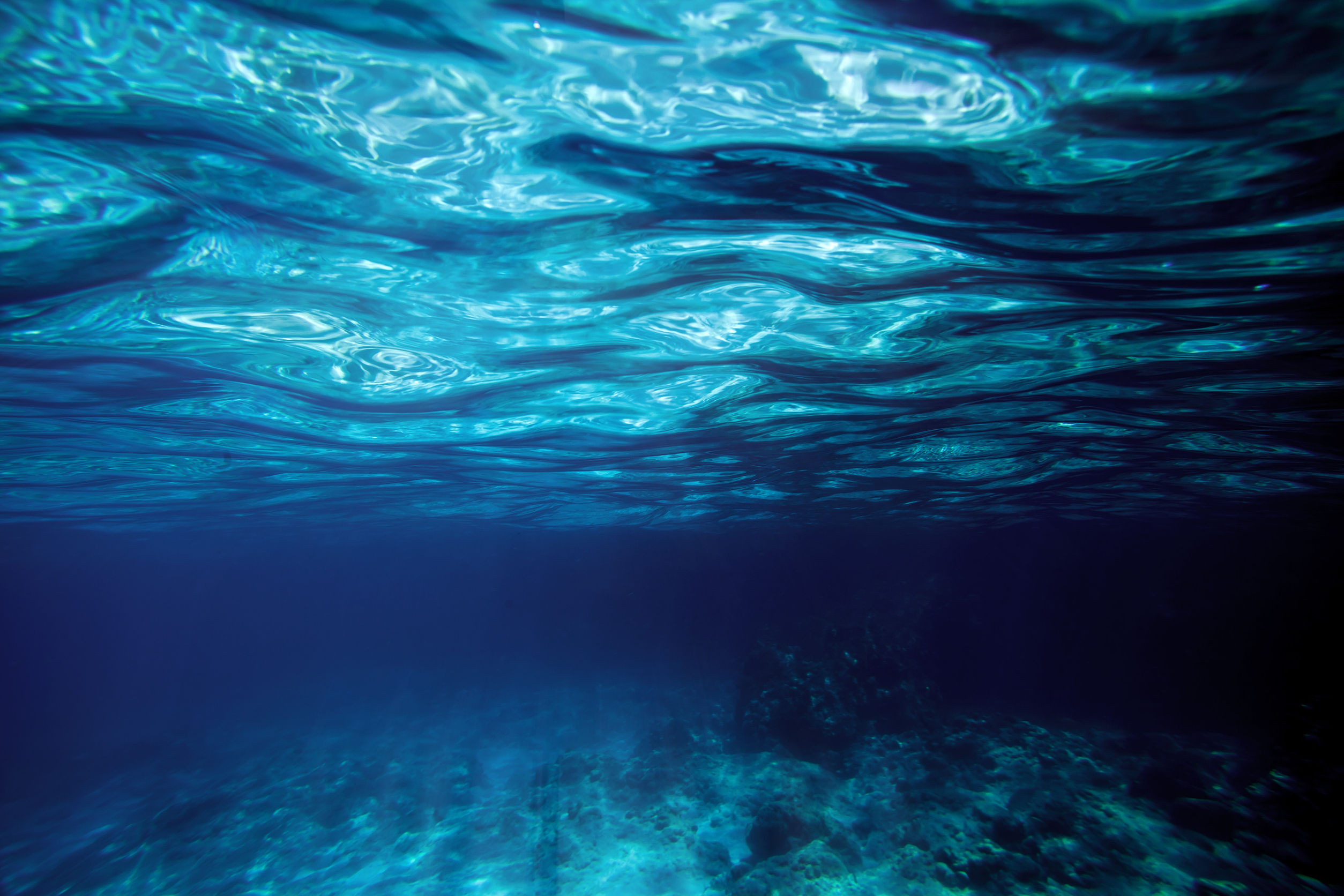Oceanographers are looking at virtual reality as a new research tool. This is quite an intriguing development which could have major implications. Transforming data into a three-dimensional tool to analyze and interpret information is a positive development. It appears scientists will use virtual reality technology to gain a better understanding of climate change on the ocean.
Virtual Reality is a Major Technology for Scientific Purposes
Over the past few years, oceanographers have collected vast amounts of data regarding our planet. However, it takes a lot of time and effort to interpret this information in a proper manner. This is where virtual reality technology comes into the picture. It allows scientists to turn text-based information into a 3D version. As a result, they can effectively visualize data and gain more knowledge.
Moreover, virtual reality allows scientists to interact with the data. Arm movements can result in more specific data or an overall overview of all information. It can also serve an educational purpose, as people can see how our oceans have been evolving throughout the centuries. It sounds quite a bit more interesting to visualize data rather than pouring over lines of text. This is especially true when looking for ways to rebuild dying coral reefs, to say the least.
For the longest time, oceanographers have described the deep ocean circulation in two dimensions. Adding the third dimension to the equation will yield some interesting results. To achieve this goal, scientists need technology capable of interpreting and visualizing a 3D dataset. One of such projects is called KeckCAVES, which is a geological 3D VR tool. It was first introduced in 2004, and has undergone some big updates in recent years.
Collecting the necessary data has never been a problem for scientists. Now that the information can be visualized through virtual reality software, major breakthroughs are to be expected over the coming years. Several other ocean-science driven 3D VR projects exist as well. Building digital recreations of coral reefs is one option being explored by the University of Sydney. It is evident science and virtual reality can become a powerful combination moving forward.
If you liked this article make sure to follow us on twitter @thevrbase and subscribe to our newsletter to stay up to date with the latest VR trends and news.












